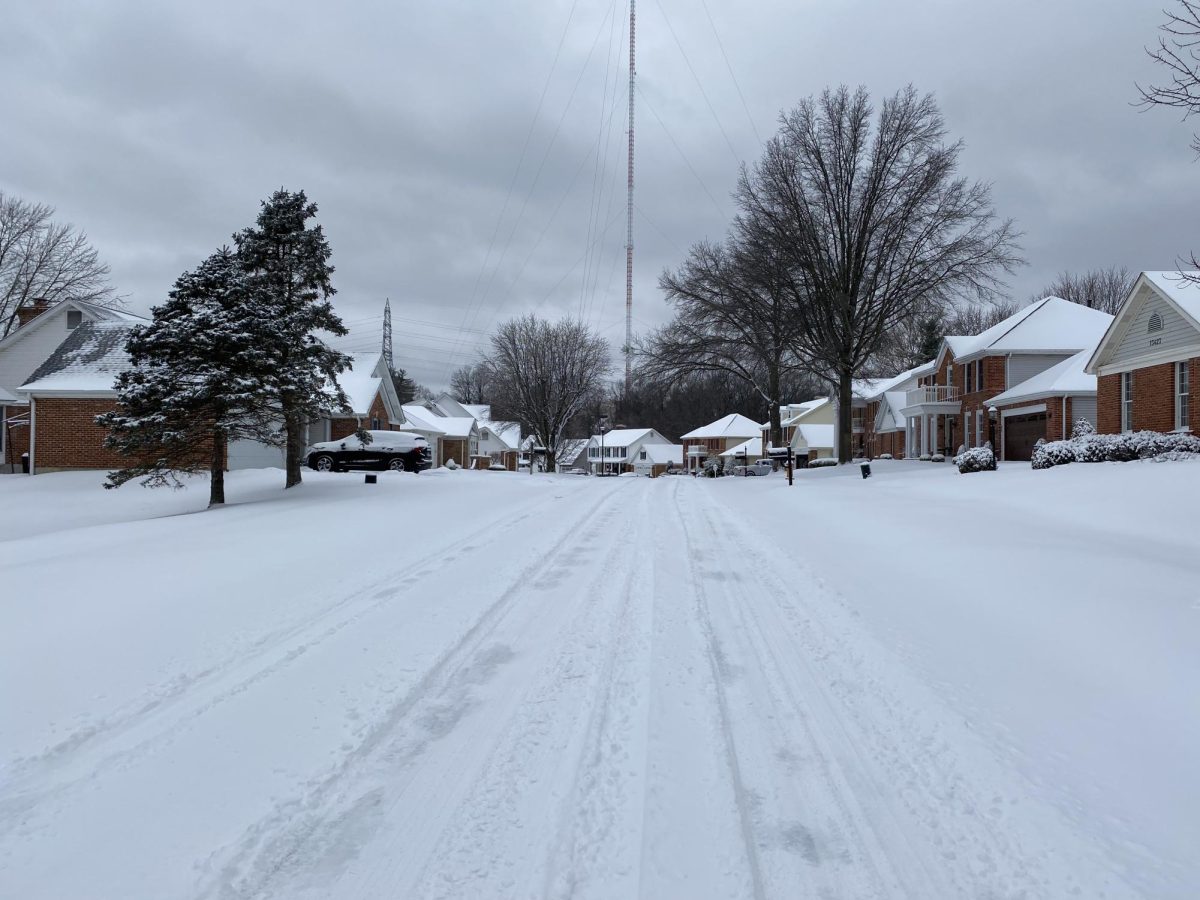The Mehlville Fire Protection District Board of Direc-tors is considering slicing employee sick leave in half and denying overtime pay if firefighters or paramedics miss work during that pay period.
Several other cost-saving plans are on the table also, in-cluding a “use-it-or-lose-it” vacation plan.
Mehlville Comptroller Jeff Geisler submitted a list of ideas at the board’s meeting last week. Specific figures weren’t available, but the suggestions could save thousands, according to Geisler’s information.
Since taking office last month, newcomers Aaron Hil-mer and Bonnie Stegman have been looking to save money and make good on a campaign promise to roll back the 33-cent tax-rate hike approved last fall.
Throughout the campaign, the two criticized sick leave, health insurance and other employee benefits. Now, they’re suggesting changes.
“Under the current policy, 24-hour employees receive 16 days per year of sick leave,” said Hilmer, board chairman. “If unused, they continue to accrue. Under the new sick leave policy, we would grant each employee, 24-hour employees, 16 hours a month. That would work out to eight days a year. If during the year on these biannual periods, if they’re unused, the employee will receive an $800 bonus to be decreased by $400 for each time that the sick leave was used. So for the whole year, they could get $1,600.
“And on the 40-hour side, the administration, they presently receive 30 days of sick leave along with four to five days of personal days,” he continued. “We want to combine those down to give each 40-hour employee one day a month. It would be a sick leave combination personal day.”
Hilmer also wants to cap accrued sick leave at 60 days. The district currently has more than $2.7 million in reserve for accumulated sick leave. Under Hilmer’s plan, the district would pay what’s due but cap sick leave at 60 days for the future.
Geisler also suggested that employees lose overtime pay if they miss work be-cause of illness.
“Currently, the district pays overtime pay even if the employee does not physically work overtime due to sick leave as the MOU (employees’ Memorandum of Un-derstanding, or working contract) includes sick leave as ‘hours worked,'” Geisler wrote in a memo to the board. “The district is not required by wage and hour standards to pay overtime pay for hours not physically worked.”
Dumping that practice, he said, could save more than $109,000.
Geisler also suggested, “No compensations should be paid for any vacations not taken because an employee was ill during their scheduled vacation. Any employee ill during their scheduled vacation shall not be granted the opportunity to select another vacation slot … No compensation shall be paid for any vacations not taken — use it or lose it.”
“This is not final,” Hilmer said. “It’s just something to look at and start talks from.”
Health insurance also is in Hilmer’s cross hairs. Mehlville pays $11,311 per employee for health benefits, including 100 percent dependent coverage.
Earlier this year, the previous Board of Directors approved a health insurance plan from United HealthCare that cost $1.49 million for fiscal 2005. Hilmer wants to get bids from other health-care providers and possibly change the plan.
“What I’m looking for is we’d like to get the presentations from some different carriers to give us an idea of where we’re at,” Hilmer said. “Before we make any decisions about it, it’s better to get an idea of the cost.”
Also, Geisler suggested making himself the district’s insurance agent to cut out the middle man.
“Assuming the average agent earns 8 to 10 percent commission,” he wrote the board, “the district could save in excess of $100,000 if the comptroller became li-censed as an agent for the district. This would cut out the middleman and allow the district to buy direct from insurers … Some training/licensing costs would be required, but the benefits far exceed the costs.”
Other cost savings plans highlighted in Geisler’s memo include:
Seeking competitive bidding for contracts that normally aren’t put out for bid, such as telephone hookups, pension actuary and investment services, architecture services, property insurance, insurance brokers and supplies, among others.
Creating an efficiency committee to monitor district operations.
Saving cash in a reserve fund to be used to purchase equipment needs.
Purchasing group term life insurance rather than self-insuring the death benefit fund. Current benefits are subject to in-come tax while third-party payouts are not.
In other business, the board decided to re-advertise and retest for up to 15 new firefighter and paramedic positions to obtain cross-trained employees capable of working on fire trucks or ambulances.
“I think it’d be best if we scrap the old test, create a new one just for the firefighter-slash-paramedic classification and take it from there,” Hilmer said. “We don’t want to hire someone if they’re a firefighter with a paramedic’s license if they’re of the understanding they would never get off the truck.
“So I think it would be better for the district down the road because if we just hire people on the paramedics side and then had to put them on through the (firefighter) academy, be it six months or a year from now, the additional cost, I think it would be better just to get it over with up front. It does not have anything to do with people that are already working here, be it a firefighter or be it a paramedic. In no way are we saying, ‘We’re going to phase your job out to replace with these.’ These are only for the new hires coming in,” Hilmer said.
“I also think it’s fair for participants to do it that way so they know exactly what they’re applying for and everybody has a chance to apply for that position,” Steg-man added.
The board plans to announce the new hires on Aug. 1, Hilmer said.








